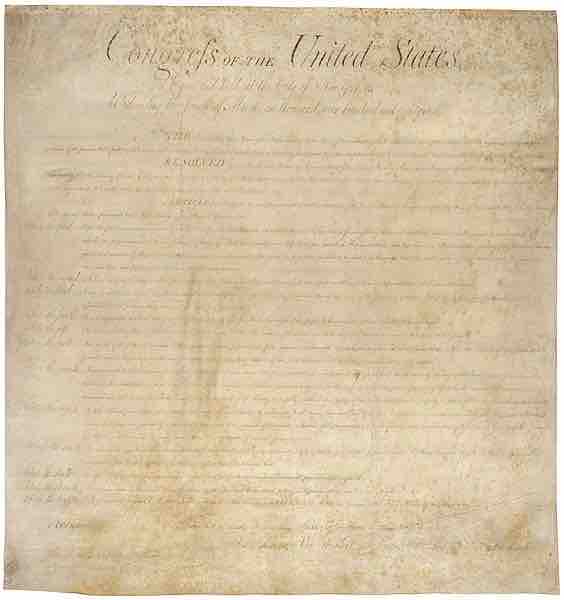Grassroots lobbying
Grassroots lobbying, or indirect lobbying, is a form of lobbying that focuses on raising awareness for a particular cause at the local level, with the intention of influencing the legislative process. Grassroots lobbying is an approach that separates itself from direct lobbying through the act of asking the general public to contact legislators and government officials concerning the issue at hand, as opposed to conveying the message to the legislators directly.
The unique characteristic of grassroots lobbying, in contrast to other forms of lobbying, is that it involves stimulating the politics of specific communities. Interest groups, however, do not recruit candidates to run for office. Rather, they choose to influence candidates and public officials using indirect tactics of advocacy.
Tactics
The main two tactics used in indirect advocacy are contacting the press (by either a press conference or press release), and mobilizing the mass membership to create a movement.
Media Lobbying
Grassroots lobbying oftentimes implement the use of media, ranging from television to print, in order to expand their outreach. Other forms of free media that make a large impact are things like boycotting, protesting, and demonstrations.
Social Media
The trend of the past decade has been the use of social media outlets to reach people across the globe. Using social media is, by nature, a grassroots strategy.
Mass movements
Mobilizing a specific group identified by the lobby puts pressure on the legislature to address the concerns of this group. These tactics are used after the lobbying group gains the public's trust and support through public speaking, passing out flyers, and even campaigning through mass media.
Trends
Trends from the past decade in grassroots lobbying include an increase in the aggressive recruitment of volunteers, as well as starting campaigns early on, before the legislature has made a decision. Also, lobbying groups have been able to create interactive websites and utilize social media (including Facebook and Twitter) to email, recruit volunteers, assign them tasks, and keep the goal of the lobbying group on track.
Regulations
Lobbying is protected by the First Amendment rights of speech, association, and petition . Federal law does not mandate grassroots lobbying disclosure, yet 36 states regulate grassroots lobbying. There are 22 states that define lobbying as direct or indirect communication to public officials, and 14 additional states that define it as any attempt to influence public officials. A group or individual classified as a lobbyist must submit regular disclosure reports; however, reporting requirements vary from state to state. Some states' disclosure requirements are minimal and require only registration, while other states' requirements are extensive, including the filing of monthly to quarterly expense reports, which include all legislative activity relevant to the individual or groups activities, amounts of contributions and donations, and the names and addresses of contributors and specified expenses. Penalties range from civil fines to criminal penalties if regulations are not complied with.

Bill of Rights
The First Amendment rights of free speech, freedom of association, and freedom of petition protect lobbying, including grassroots lobbying.